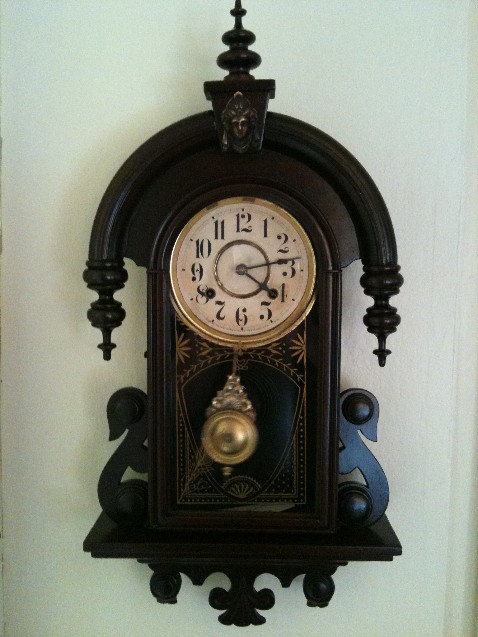my grief baby
/Our guest post today comes from Meghan of Expecting the Unexpected. She lost her daughter Mabel in March, 2014. She writes about her journey:
"'Your baby might die,' they said. This wasn't the first unexpected news I received in pregnancy. I had thought her Down Syndrome diagnosis and the risk of stillbirth that came with it was my worst nightmare. Now kidney damage, low fluid and pulmonary hypoplasia gave my baby a very poor prognosis. I traveled the pregnancy path with fear, hope and uncertainty. At the end of the road, my daughter was born, alive but struggling. I was gifted six hours with her. Now six months later, I am re-assimilating. Learning to live life childless. Finding my way back to midwifery, to help others find joy in what has brought me grief."
We are honored to have Meghan writing for us today.
I startle in my sleep feeling her kick in my belly. Phantom kicks they call them. But I know differently. “Hi, baby,” I say. As I gave away my newborn daughter, pale and lifeless, to the nurse, another baby started growing in my belly. A seed that quickly grew into a moving, real creature. She does not speak; she is only a baby. She is my sorrow, my grief girl, the feeling left behind to fill the space that was meant for my child. She kicks me in the belly to remind me that even in sleep I can not escape her. She is mine, a part of me.
Sometime I carry her on my back. I’m with friends and as I throw my head back in laughter, my head collides with hers, reminding me she is still there. I suck my in breath, now critical of my easy mirth. How can I laugh with the outline of a dead baby on my back? My grief, she clings to me, the shadow of the child she should have been.
I let her lie on my chest, heavy and suffocating. I recline on the couch, looking at photos of my daughter taken too soon, and remind myself it is only my grief baby, needy and crying out for me. I embrace her for the moment and then tuck her under my arm, moving forward through the day.
Everyday I carry her around my neck. I bring the necklace charms, a carrot and the letter M, up between my lips, speaking with my kisses. “I see you, grief. You’re here. I won’t ever let you go.”
When do you feel grief the most? What kind of shape does it take? Is grief a comfort to you, a menace, or a monster?





